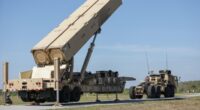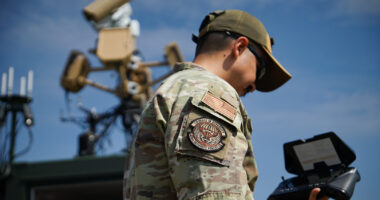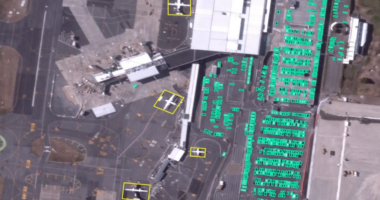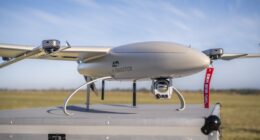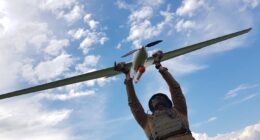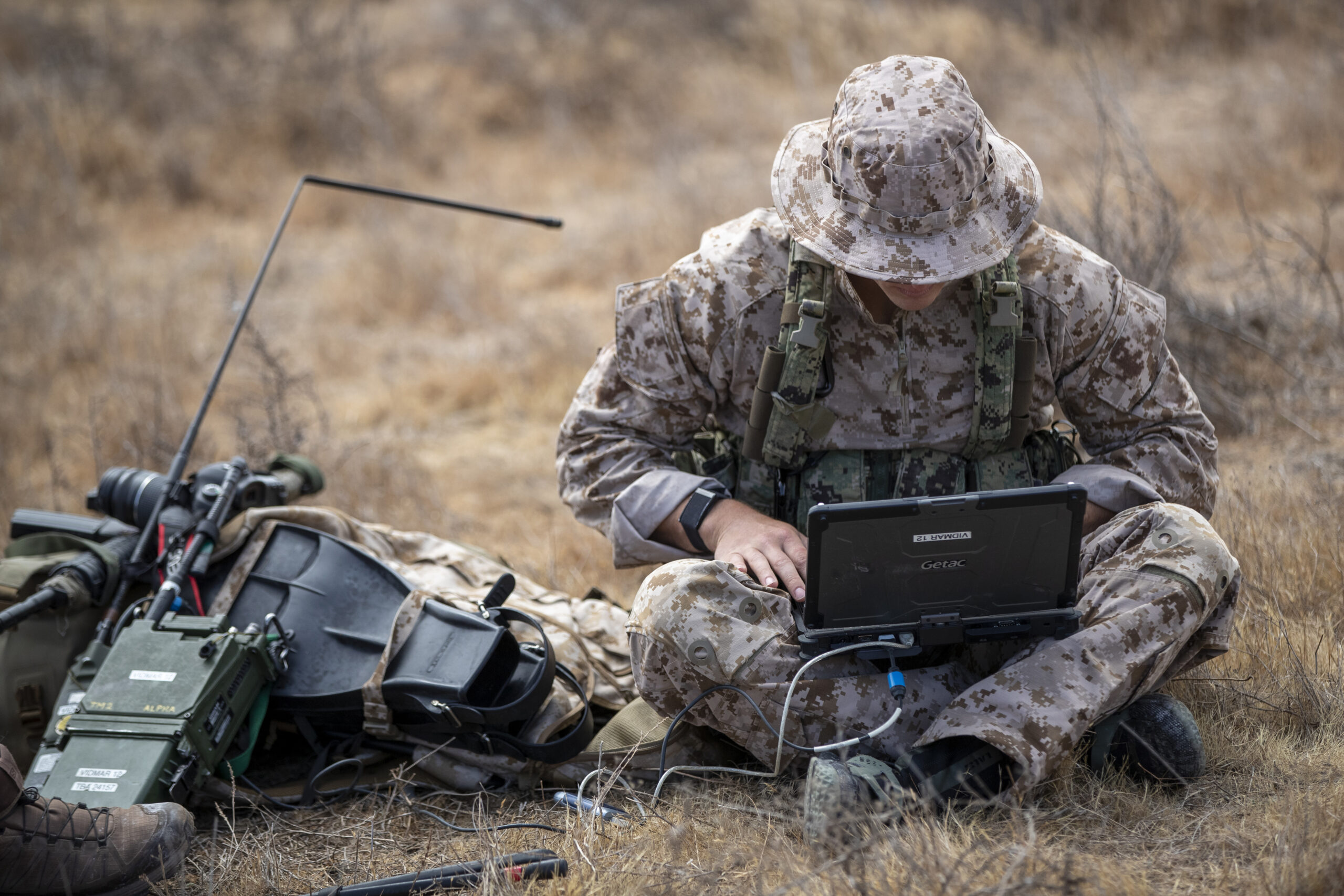The US military is exploring alternatives to GPS, and Xona’s commercial solution is quickly emerging as a potential key contender.
The company has just landed a $4.6-million contract with the Air Force Research Laboratory to demonstrate how its positioning, navigation, and timing (PNT) system can support military operations.
Xona’s PNT system utilizes a constellation of low-Earth orbit satellites, known as PULSAR, to provide navigation services in environments where GPS and other global navigation satellite signals (GNSS) are either compromised or unavailable.
The upcoming demonstration will focus on jamming and spoofing resilience, reducing multipath effects, and secure key distribution.
“This effort will accelerate the readiness of advanced alt-PNT capabilities in commercial off-the-shelf user equipment to meet DoD user needs with rapid acquisition times,” Xona Space Systems stated.
Eyed for Drones, Autonomous Vehicles
The US military is particularly interested in using Xona’s GPS alternative for its unmanned aerial systems (UAS) and autonomous vehicles.
UAS and autonomous vehicles are highly vulnerable in GPS-denied environments, as their operations rely heavily on precise satellite navigation for positioning, timing, and movement.
Without GPS, these systems struggle to maintain accuracy, crippling their effectiveness on the battlefield.
“The technology in modern GNSS user equipment is incredibly advanced these days,” Xona CEO Brian Manning stated.
“This contract is enabling us to demonstrate not only the advanced capabilities [of PULSAR], but also the utility of combining mass produced hardware with a securely controlled PNT service to support anything from small drones to large DoD systems.”
Xona is partnering with QinetiQ, StarNav, and Locus Lock to execute the Air Force Research Laboratory-funded demonstration.

